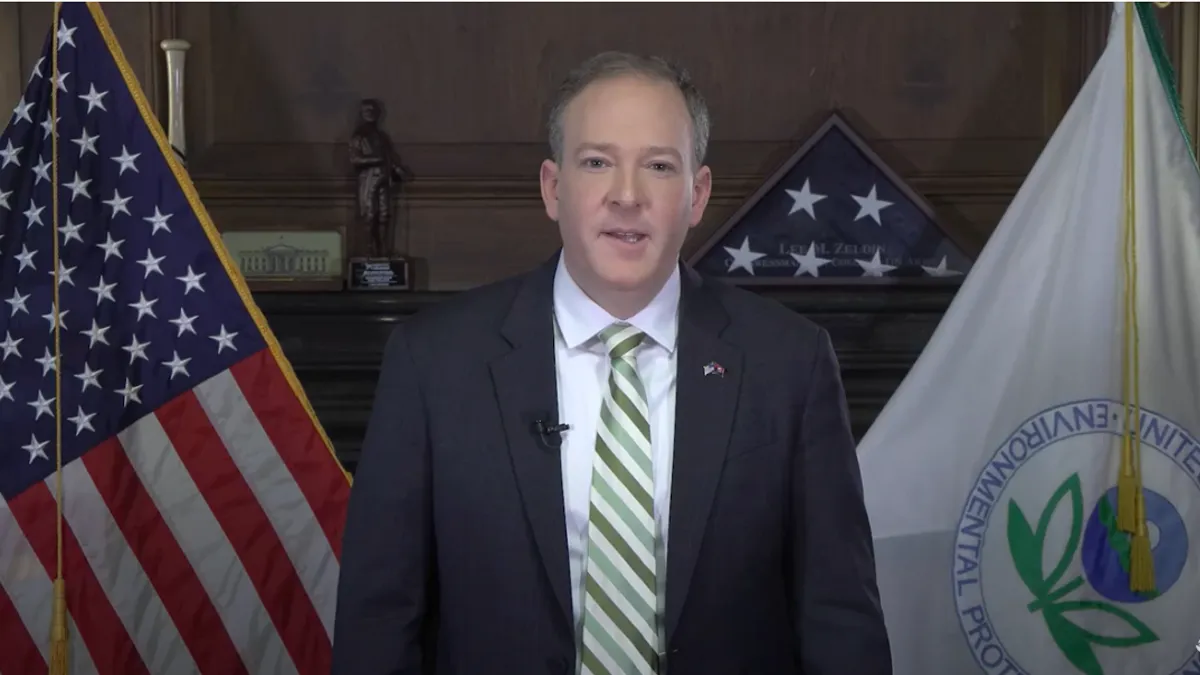For the last decade, U.S. cities have operated on federal funding, population counts and policy recommendations all linking back to one major event: the 2010 census count.
The latest decennial census unveiled crucial information about the state of our nation: 308.7 million people were counted (a 9.7% increase from 2000), with figures showing more than 258.3 million people residing in metropolitan areas. The 2010 census illustrated the steady growth of the nation's powerhouse metro areas, but also highlighted the various ways people in these areas and beyond can be misrepresented by the survey.
A census miscount — over or under — is a recurring risk that can vary in severity depending on societal and political trends. While the 2010 census reported a gross undercount of children, as well as of renters and of various racial populations, the U.S. Census Bureau actually came very close to accuracy with a net 0.01% overcount (36,000 people were overcounted).
In a statement, Robert Groves, former Census Bureau director who oversaw the 2010 count, said that number is one that "the American public can be proud of."
Such a small percentage is not promised in 2020, as leaders warn of government distrust from the fallout of the citizenship question debate, and potential complications from the widening spread of the new coronavirus.
It will take deliberate planning and messaging from local-level officials and volunteers to achieve a fair and accurate census count.
"The degree to which these messages are accepted will greatly influence the accuracy of the 2020 Census," wrote John Thompson, former Census Bureau director from August 2013 to June 2017, in a statement to Smart Cities Dive.
Potential obstacles in 2020
As evidenced by the sample questionnaire below, the question of respondents' citizenship status will not be raised on the 2020 form. The drama that ensued around the possibility of that question, however, may have a detrimental impact on census response.
"There’s a lot of damage that was done by that being in the media for over a year and a half," Julie Dowling, associate professor of Latina/Latino Studies at the University of Illinois, and chair of the Bureau's National Advisory Committee on Racial, Ethnic and Other Populations, told Smart Cities Dive.
There's pre-existing challenges in reaching hard-to-count populations such as people of color, according to Dowling. "And then compounding that is this issue of the citizenship question being in the news for so long," which has instilled fear in some populations and could lead to them not filling out a census form at all, she said.
This fear also comes into play when parents record information regarding their children. The Census Bureau's Demographic Analysis (DA) task force estimated a miscount of 1 million children ages 0-4 in 2010 (about 4.6%). At least 400,000 Latino children were missed in that count, according to Dowling. The miscount could have been caused by miscommunication, such as divorced parents not knowing if a child was accounted for on a different form or from a sense of protection over children, she said.
"Sometimes families just don’t think that children need to be counted because they believe that it’s just an adult count," while others may fear their living situation is not legal or acceptable for children, so parents don't report them, she said.
It is crucial for respondents to understand that their census information — or even notice of their individual participation in the census — will not be shared "with any outside entity including law and immigration enforcement agencies," Thompson said.
"Census employees also take a lifelong oath to uphold the privacy of all information that the Census Bureau collects. There are strong penalties for violating this oath," he wrote.
This also applies to all responses filled out digitally, despite threats of disinformation campaigns — though the online element of this year's census brings risks of its own.
In 2010, census workers attempted to use handheld computers to automate non-response follow-up (NRFU) field operations, an effort that failed when the devices caused "serious problems" during canvassing. That snafu was said to exacerbate the risk of an inaccurate census, which could potentially be repeated this year if the online census is faced with faulty software or cyberthreats.
Getting out the count
"No census has been perfect," Thompson said, and that certainly won't change with the 2020 count. The questionnaire lacks representation for various racial groups, members of the LGBT population and non-binary persons.
Dowling said her committee made significant efforts to better reflect Middle Eastern and Latino and Hispanic populations by submitting changes to the survey. She said an estimated 13% of Latinos didn't answer the race question in 2010, while 37% checked "other." President Trump's administration, however, did not respond to her committee's suggested changes, effectively making those updates ineligible for the 2020 count.
While these survey holes, combined with aforementioned obstacles, can create barriers for respondents, city leaders must still push the importance of the count. They can't control who responds, but they can lean on messaging — especially from trusted messengers — to engage all communities, Dowling said.
She suggests tapping local teachers, churches and community groups to spread awareness of the census and encourage participation.
"When outsiders come into the communities and try to tell them, 'You should fill this out,' they may not listen to that," she said.
More than 300,000 partners are helping raise awareness in communities nationwide, as shown in the Census Bureau's Complete Count Committee map, Thompson said. These partners must not only broadly encourage filling out the form, but should also work to answer questions around how to fill it out accurately.
In all, $1.5 trillion of federal funds, Congressional representation and data to assist economic growth is on the line this spring, and it's up to local governments to make the count a priority. A fair and accurate count is critical for policymaking and planning, and is "incredibly important for our democracy," he said.




















